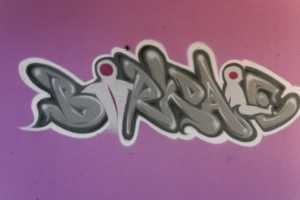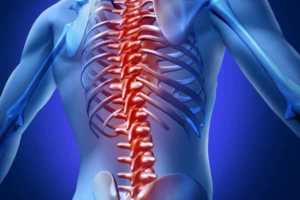This is especially important to me because I had a massive double stroke in September 2020, and I think this is a good time to share my story in the hope that it will be interesting at the least and raise awareness. I
will be so pleased if I can help even one of you who is reading this.
Cast your mind back to September 2020. The pandemic was in full swing. We were all working from home and weren’t allowed to leave our houses much. Early that month, there was a brief lifting of the lockdown restrictions. I only know this because just days before I had a stroke, I was in Croatia for the week. I’m highlighting this because I think it’s important to know that just before I suffered a traumatic brain aneurysm (also known as a bleed on the brain or a stroke), I was having the time of my life with the people I love most in the world. I was 29 years old, living a relatively healthy vegan lifestyle; I was very relaxed and had no family history of high blood pressure or stroke.
15 September 2020 was a Tuesday. I was working from home, and at about 4.30pm that afternoon, I was on an MS Teams call with my colleague and friend, Pauline Whitelaw. I started to get a headache during the call, but it wasn’t particularly severe. This headache’s only vaguely worrying feature was that I couldn’t ignore it or focus fully on the Teams call itself. After about 30 minutes of talking to Pauline, I looked away from the screen and into a mirror. I noticed then that the left side of my face was dropping a bit. At that moment, I was convinced I had Bell’s Palsy, and I remember thinking – this is the worst thing in the world! Little did I know that it certainly would not have been.
I don’t think I mentioned my fears to Pauline at the time, and speaking to her since, I’m pretty sure she didn’t pick up on the facial weakness, but after a minute or two of the pain not shifting, I thought the best thing to do would be to end the call and source a painkiller, so that is what I did. At this point, I was fortunate enough to live with my family. I left my desk and noticed that my left arm felt heavy and weak. I went to my living room where my family were to ask them for paracetamol.
At this point, the thought of a stroke had not entered my mind. I had not come across anyone who had ever had a stroke, I don’t think I even knew what a stroke was. I probably thought it was something that only happened to the elderly. This is very far from the truth. In fact, an estimated 10% – 15% of all first-ever strokes occur in people aged 18–50 years old. It’s possible to have a stroke in utero. None of my family worked in medicine, and none had encountered anyone who had had a stroke before, but a mother’s instinct cannot be denied, so my mum called 111 to see what was going on with me. 111 were called, and I explained my symptoms to the call receiver. I recall the receiver asking me to hold both arms out in front of me and hold them there; I could only just do this. I think my inability to hold my arms in this position for long prompted 111 to dispatch an ambulance. During the wait for an ambulance, I felt dizzy and vomited without warning. I can’t remember what happened when the paramedics arrived, but they put me into the ambulance quickly. The walk onto the vehicle was rough, it wasn’t long, but walking was difficult at this point. Once I was on the stretcher, they put the siren on and rushed me to the Royal London Hospital (RLH), which I’m very lucky to live near because, according to their website, RLH boasts one of the leading centres in the country for stroke. Once in the hospital, I suffered further health complications and very almost died.
Recovery from a stroke is lifelong, and almost four years on, I’m still having weekly physiotherapy because I had to learn to walk again, and relearning that obviously takes time. My sensation, balance and ability to swallow were also affected. Additionally, I now live with epilepsy and other health conditions that I manage with a fantastic support network made up of family, friends, colleagues, and the incredible NHS. You can hear more about my recovery journey on a podcast I did here, or follow me on Instagram ( @gengrainger) because I post about it a lot! If I can leave you with one thing, learn the stroke warning signs below and check your blood pressure as soon as you can at your local pharmacy – your health is your wealth, something I learned the hard way!
Face – the face may have dropped on one side, the person may not be able to smile, or their mouth or eye may have drooped.
Arms – the person may not be able to lift both arms and keep them there because of weakness or numbness in one arm.
Speech – their speech may be slurred or garbled, or the person may not be able to talk at all despite appearing to be awake; they may also have problems understanding what you’re saying to them.
Time – it’s time to dial 999 immediately if you notice any of these signs or symptoms.
By Gen Grainger



